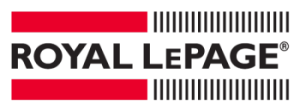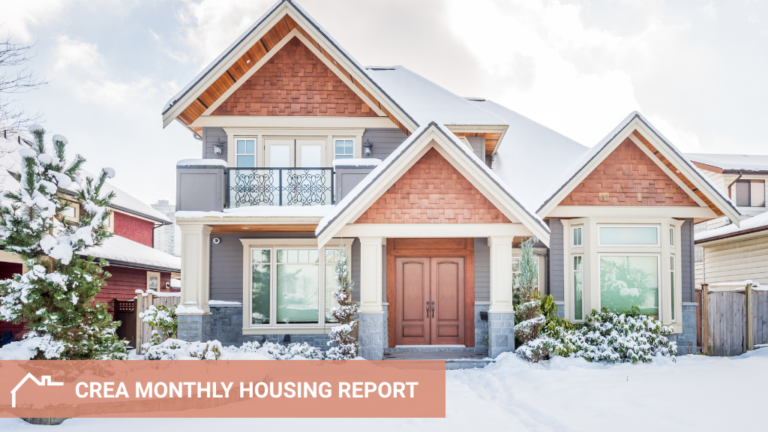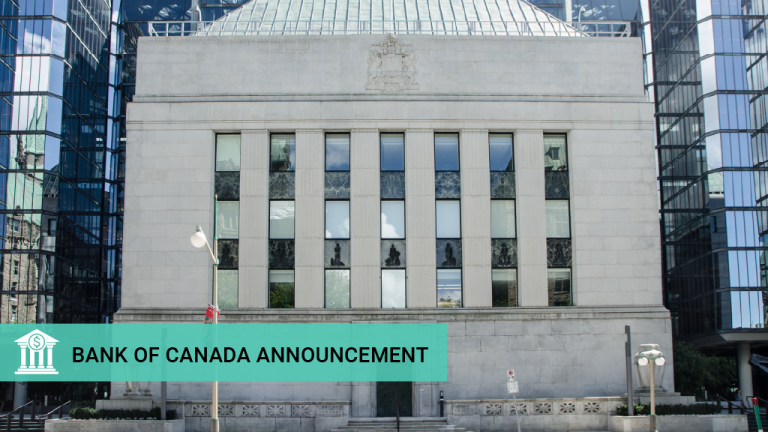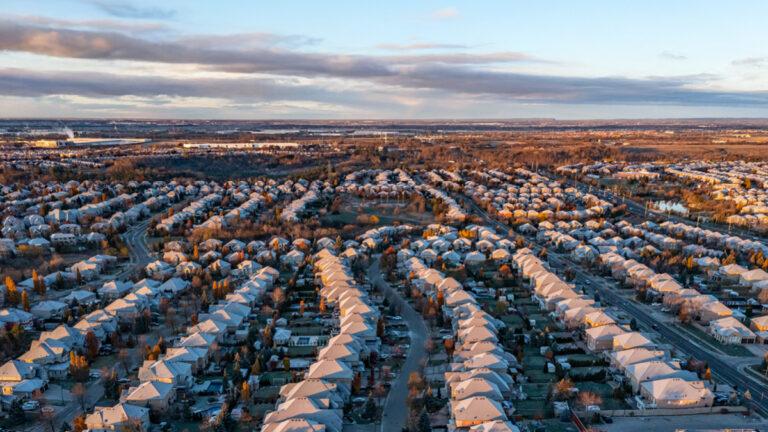
As 2024 drew to a close, the Quebec real estate market stood out for its unexpected resilience in the fourth quarter. Despite economic and political uncertainties, favourable market dynamics unfolded, driven by more advantageous lending conditions and reinvigorated buyer confidence. This renewed vigour in the market is set to continue in 2025, as buyers and sellers come off the sidelines early to take advantage of an environment conducive to real estate transactions, stimulated by low interest rates. An early and active spring market is expected.
Sustained price gains across the province
According to the Royal LePage® House Price Survey, the aggregate1 price of a home in the province of Quebec rose in the fourth quarter of 2024, recording an 8.6% year over year increase to $560,500. During the same period, the median price of a single-family detached home increased 10.6% year over year to $625,500, while condominiums saw a more moderate increase of 6.3% to $446,200.
“Fourth-quarter results are primarily due to last October’s 50-basis-point cut to the Bank of Canada’s key lending rate,” said Dominic St-Pierre, executive vice-president of business development, Royal LePage. “This gave buyers who had hit pause a clear signal to move forward with their purchase plans, or at least the confidence to get back on track. Activity quickly picked up in November. Then, a second 50-basis-point cut in the policy rate was announced in December as an additional ‘gift under the tree’, releasing another wave of demand in several markets across the province.”
Quebec market demonstrates resilience
Despite an encouraging uptick in activity, a number of political and economic uncertainties hang over the Quebec and Canadian real estate markets. Among them, a weakening Canadian dollar and the threat of a trade conflict between Canada and the United States, including the possibility of 25% tariffs on exports which remains a source of concern.
“A trade conflict fueled by a material tariff increase, in particular, would risk boosting inflation and affecting jobs in certain key industries in Quebec and across the country. In any case, these repeated threats could be enough to challenge our government, whose position is already weakened, and hurt consumer confidence. We don’t anticipate any direct consequences on the real estate market, but historically, consumers tend to put important decisions on hold when the future is uncertain,” said St-Pierre.
St-Pierre noted that the prorogation of Canada’s federal government until March 24th adds to economic instability. A federal election is inevitable and its outcome could bring a wave of positive change, even if it comes at a time when the country requires stability in the face of adversity. Regardless of the outcome, housing access and affordability will undoubtedly be among the most pressing issues for voters.
“The housing crisis, which remains present across the country and the province, will definitely be an issue at the ballot box for Quebec voters,” says St-Pierre. “Although Trudeau’s liberal government has launched a number of initiatives to promote access to home ownership, mainly for first-time buyers, the pressure on property prices stimulated by population growth and the lack of available housing remains unresolved. Political parties will need to show innovation and vision in their proposals to help consumers, municipalities and provinces deal with the challenges of affordability and housing supply.”
Positive factors to watch for
Despite current economic and geopolitical tensions, there are a number of positive factors to look out for, which should bolster the province’s and the country’s real estate market performance in the months ahead.
In 2024, new mortgage rules were implemented to alleviate some of the barriers to home ownership, including extending the amortization period to 30 years for all new construction purchases and all first-time buyers, as well as a relaxation of the mortgage stress test rules for those considering switching lenders upon renewal.2 These changes, while designed to offer more flexibility to buyers, could also put upward pressure on property prices in certain market segments.
“These adjustments, while intended to improve affordability, could also intensify competition in the market, which will likely fuel higher prices in some areas,” says St-Pierre.
Outlook for 2025
Forecasts for 2025 remain positive, despite the uncertain economic and political situations. Further declines in interest rates should continue to support activity, while government programs could encourage home ownership for first-time buyers.
Royal LePage is forecasting a 7% increase in the aggregate price of a property in the province of Quebec in the fourth quarter of 2025 compared to the same period last year, bringing the median value to nearly $600,000. However, regional differences and evolving economic and political factors will play a key role in the market’s evolution.
Overview of regional trends in Q4 2024
Greater Montreal Area: The aggregate price of a home in the region rose 8.2% year over year in the fourth quarter of 2024 to $613,300. First-time buyers and households looking for smaller spaces drove increased activity, while the high-end market showed signs of recovery.
Quebec City: With a year over year increase of 11.3%, the highest rate of appreciation in the province, the aggregate price surpassed the $400,000 mark. Single-family homes recorded an impressive year over year increase of 13.2%, largely due to insufficient supply in the face of sustained demand.
Gatineau: Although the aggregate price of a home rose 5.8% year over year in the fourth quarter, Gatineau’s residential real estate market suffered a slight decline in transactions compared to the previous quarter. However, we do not anticipate a major slowdown in sales ahead of the federal election, as the region continues to grapple with significant housing supply challenges.
Sherbrooke: Despite a 10.4% year over year increase in the aggregate price of a home, Sherbrooke remains one of the most affordable regions in the province. Following the first 50-basis point cut to the key interest rate, competition quickly intensified. The introduction of the 30-year amortization period for first-time buyers, while welcome, is creating a vicious cycle that stimulates demand, and in turn prices.
Trois-Rivières: The aggregate price of a home in the region rose 10.7% year over year to $362,900, fueled by buyers’ anticipation of intensifying competition early in 2025. Residential investors also returned to the market, thanks to improved break-even thresholds on rental properties.
View the Q4 2024 price charts and 2025 forecasts:
1Aggregate prices are calculated using a weighted average of the median values of all housing types collected. Data is provided by RPS Real Property Solutions and includes both resale and new build.
2Federal government announces landmark adjustments to mortgage rules for first-time buyers in Canada, September 17, 2024






